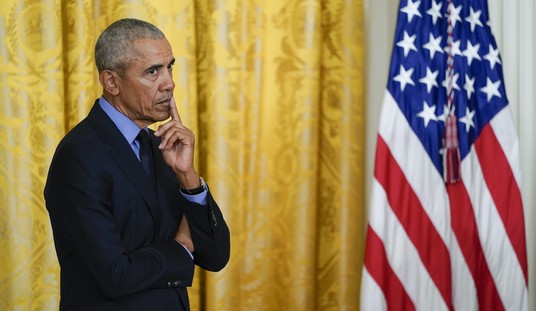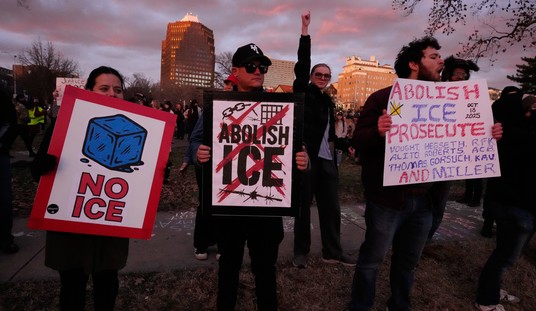A senior adviser to the European Court of Justice issued an opinion Tuesday that could have far-reaching implications for religious freedom across the European Union. Businesses have the right to ban employees from wearing headscarves and other visible political or religious symbols, Advocate General Juliane Kokott said.
Kokott’s statement came in response to a discrimination lawsuit by Muslim woman Samira Achbita, who was fired from her receptionist job at the Belgian branch of security firm G4S because she wore a headscarf. A Belgian court had asked the ECJ to clarify if the company’s religious symbol ban violated EU religious discrimination laws.
“While an employee cannot ‘leave’ his sex, skin color, ethnicity, sexual orientation, age or disability ‘at the door’ upon entering his employer’s premises, he may be expected to moderate the exercise of his religion in the workplace,” Kokott said in her published opinion.
Kokott emphasized that employers may
Experts say that opinions like this one are non-binding, but lower courts generally follow the ECJ’s lead.
Reuters reported that Kokott’s statement is the first time the ECJ, Europe’s highest court, has taken on a case about headscarf bans. However, the issue has been a hot-button one in Europe and the United States for awhile.
Recommended
Germany’s top court struck down a law banning headscarves for teachers last year, but anti-hijab laws in some French and Belgian schools and institutions still stand. The issue has become more important in recent years as Muslim populations in Europe have grown. Pew Research Center said last November that there were 4.8 million Muslims in Germany and 4.7 million in France as of 2010. This number has surely increased as high numbers of refugees have arrived in Europe within the past two years.
Muslims in the U.S. enjoy the First Amendment protection of religious freedom, but many European countries value secularism over free expression. A Wall Street Journal article explains that in France, this policy “is called laïcité—the idea that the state isn’t simply neutral toward religion but must banish all things religious, including religious arguments, from the public square.”
A case similar to Achbita’s was tried in California in 2013 with opposite results. Hani Khan, an employee for clothing retailer Abercrombie & Fitch, was fired when managers decided her headscarf did not comply with the store’s “look policy.” Abercrombie paid Khan $48,000 and agreed to allow employees to wear hijabs.
Muslim American journalists Asra Nomani and Hala Arafa wrote a Washington Post opinion piece in 2015 explaining that hijab-based discrimination also exists in the U.S. within Islamic communities.
“Today, in the 21st century, most mosques around the world, including in the United States, deny us, as Muslim women, our Islamic right to pray without a headscarf, discriminating against us by refusing us entry if we don’t cover our hair,” Nomani and Arafa said.

























Join the conversation as a VIP Member